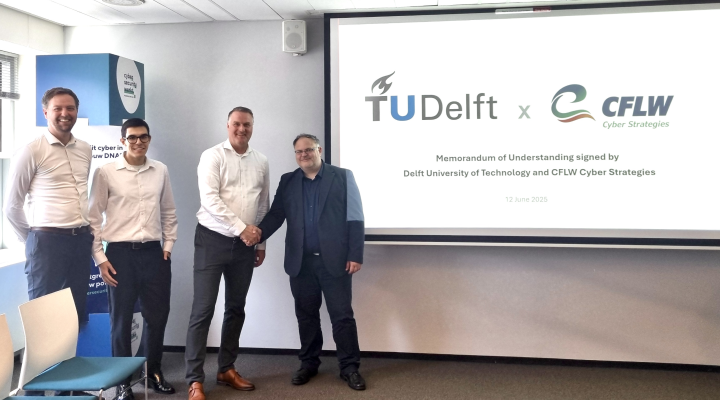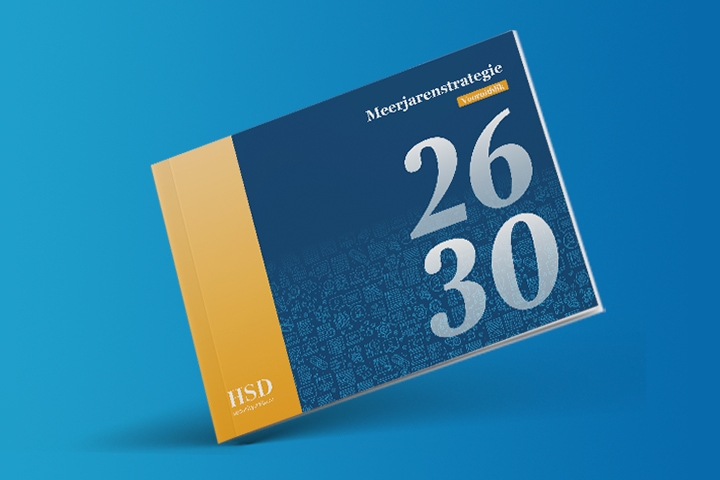DRIVER+ Project Conducts Another Successful Trial in The Hague
The trial in The Netherlands took place on 22-23 May at the premises of Safety Region Haaglanden (SRH), bringing together around 110 participants from all over Europe, including practitioners from the civil protection and crisis management sectors, solution providers, experts and observers.
The main objective of this exercise was to improve current crisis management capabilities by identifying solutions for shortcomings in the planning of resources, the response during large scale and long-term crises, the ability to exchange crisis-related information among agencies and organisations as well as limitations in planning and managing large scale evacuations of population in urban areas.
DRIVER+
DRIVER+ is an EU-funded project aimed at stimulating the uptake of innovative solutions by practitioners to improve Europe’s resilience to crises and disasters. A total of four Trials and a Final Demonstration will take place within the life of the project, involving a large number of practitioners from all levels of the crisis management ecosystem, to identify and assess whether a series of carefully selected innovative solutions can help them better manage such incidents. The Netherlands Trial is the 3rd Trial conducted by the DRIVER+ project after two successful editions respectively held in Poland and France. With the objective of involving organisations and actors from all layers of the crisis management cycle, the DRIVER+ consortium designed a fictional scenario in which the lock of Scheveningen breaks down due to bad weather conditions combined with technical failure, threatening a large portion of the city’s inhabitants and critical infrastructures.
“Of course, the scenario we designed is more than unlikely to occur in reality, but this allowed us to maximise the use of the selected innovative solutions and involve as many organisations as possible in the Trial“ said Régis CE Flohr, Trial Director.
As a flood of this magnitude cannot be handled by the Safety Region Haagland alone, Trial - The Netherlands involved many entities and organisations including the police, fire service, medical services, municipality, military, the water authority and electricity company, public transport as well as international organisations such as EUROPOL, EUROJUST and the International Court of Justice.
Conclusion: expect the unexpected
As part of the impact phase, the lock of Scheveningen failed and parts of The Hague were entirely flooded. Since the traffic infrastructure was covered in debris or damaged, the transport system was severely affected and sometimes completely interrupted. In order to keep the number of casualties as low as possible, a fast and effective evacuation strategy, as well as traffic management measures, had to be put in place. Coordination, exchange of information, improvement of the common operational picture, situation assessment, resource management communication were all crucial elements of this second phase.
“Crisis Managers need to be prepared for the unexpected and need to have the right instruments when calamities occur. 3Di provided experts and decision-makers involved in the Trial with a simulation of the flood before it actually occurred and the ability to update and interact with the simulation taking into account the actual flood state. This allowed Trial participants to be better prepared before, and make informed decisions during, the exercise,” explained Joost van der Hammen of Nelen & Schuurmans.
Did you know that HSD Office runs a Smart Secure Resilient Cities programme?

























